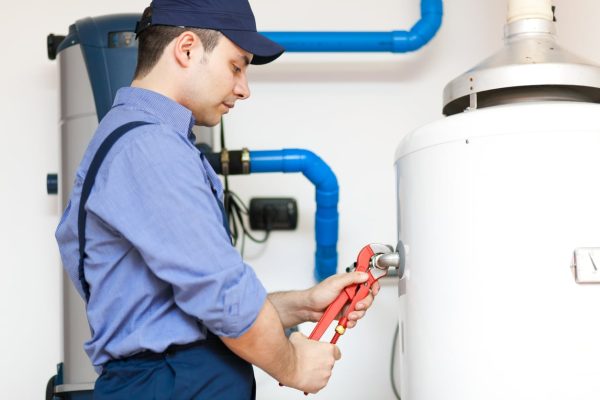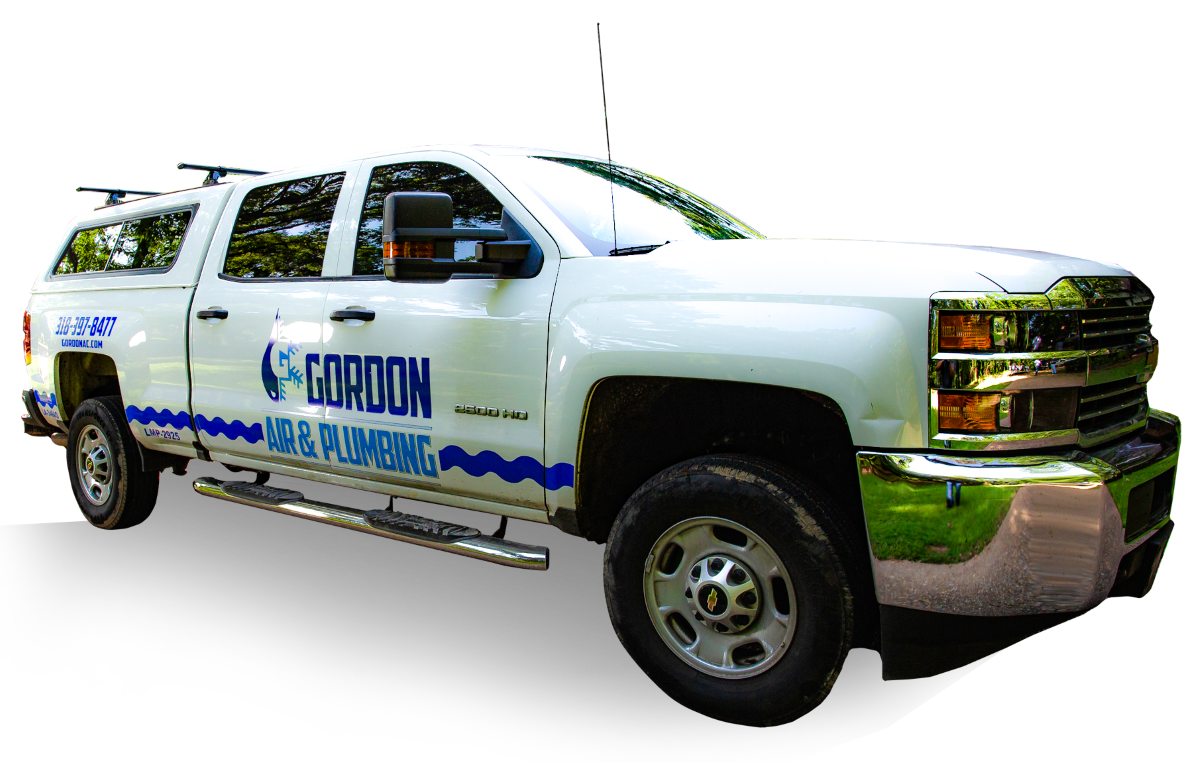Although the familiarity of American homeowners with topics related to household energy efficiency has been increasing significantly since the 20th century, water heaters are often overlooked. The energy efficiency of water heaters has vastly improved in recent decades, but some systems are better than others in this regard.
The most common types of water heaters in residential communities across our area of service feature tanks with gas and electric options. Tankless heaters are emerging as energy-efficient options, and they are also available in electric and gas options. We also have the more recent trend of solar water heaters, which can be highly efficient but may require battery components and a backup system.
The energy efficiency of water heaters has a direct impact on household energy consumption; this in turn, affects your monthly bills and carbon footprint. In American homes, water heaters are rated in terms of energy efficiency by the Department of Energy using two rating systems, the Uniform Energy Factor (UEF) and the Annual Fuel Utilization Efficiency (AFUE). These ratings indicate how efficiently a unit converts energy into hot water, and they are part of the ENERGY STAR certification system.
UEF Water Heaters Ratings
This rating of energy efficiency can be applied to all water heater types, electric or gas. In essence, UEF ratings consider how efficiently the unit heats up and how well it can retain heat in the tank so that you can always enjoy hot water on demand. When testing water heaters in industrial laboratories to measure UEF, they are assigned into small-, low-, medium-, and high-usage categories. Small usage is up to 10 gallons per day, and high usage is above 80 gallons.
To get the ENERGY STAR sticker from the Environmental Protection Agency, the UEF rating must be between 0.63 and 0.95, but the efficiency can be as high as 3.3 in some recent models. When you see UEF ratings above 1.0, the water heater’s efficiency is sufficient.
AFUE Water Heater Ratings
This rating system is measured as a percentage, and it indicates the percentage of fuel converted into usable heat for water; however, it is a more granular rating because it takes into consideration annual usage. In general, you want to look for a higher AFUE rating, which translates to greater efficiency and lower energy bills.
Just as with UEF water heaters, you want to look for an ENERGY STAR sticker at the least when shopping for AFUE units. Although the AFUE rating is per model, some brands take pride in designing and manufacturing water heaters that exceed 90%. Rheem, for example, is a brand known for highly efficient gas water heaters with AFUE ratings consistently above 91%.
For all your water heater repair, replacement, and installation needs in Monroe, LA, contact us at Gordon AC & Plumbing.



